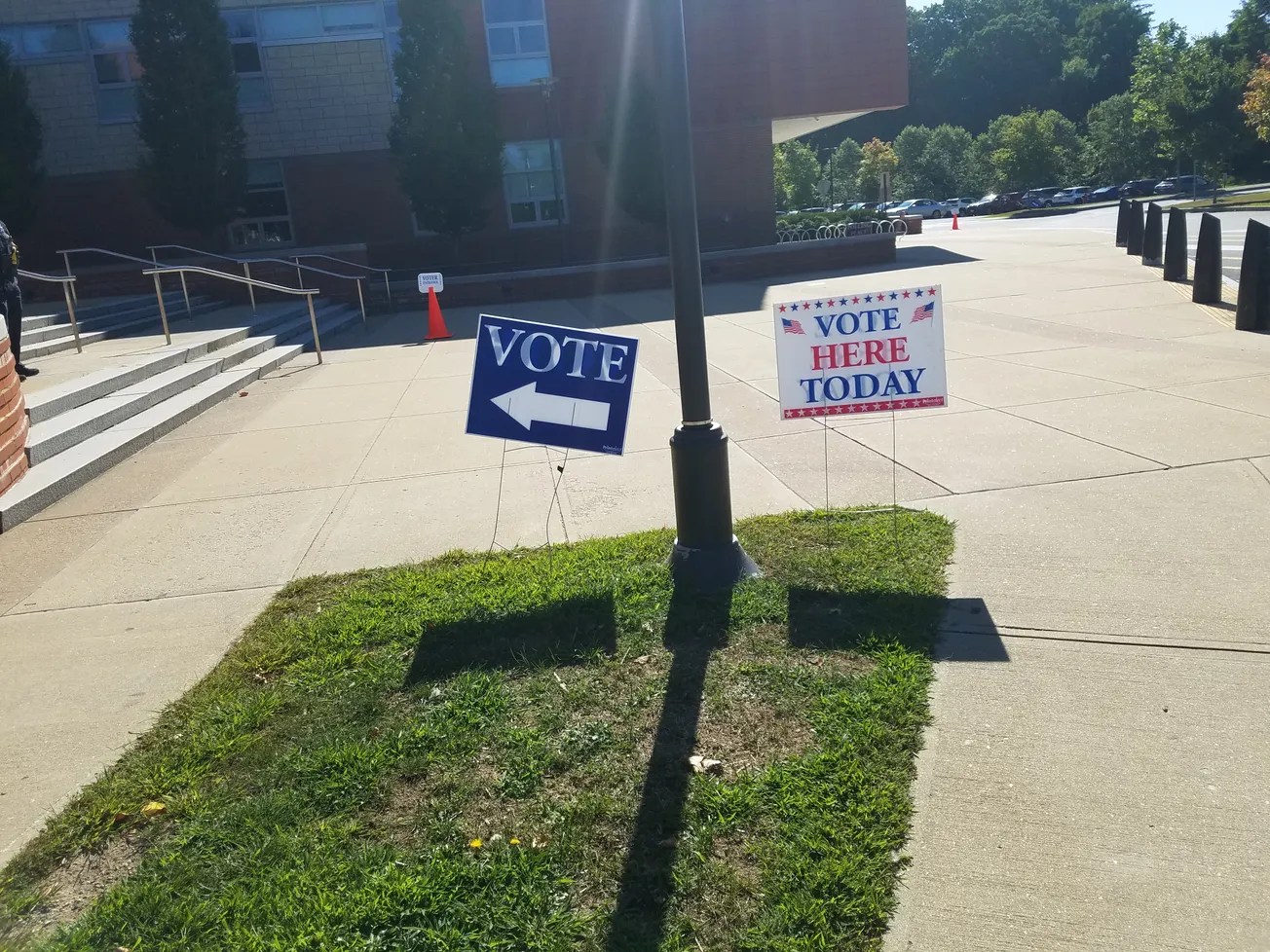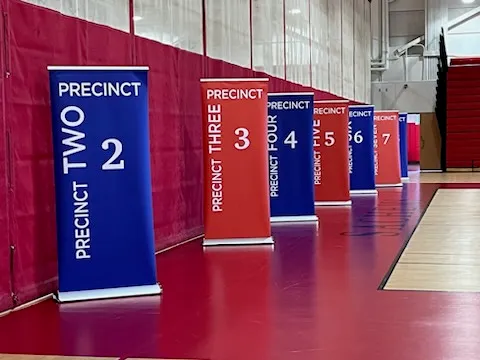Table of Contents
Changes are coming to town government, as the Committee on Government Regulations (CoGR) continues to examine Winchester’s bylaws.
“There’s discussion about changes so it reflects how we do business,” said Co-Chair Colin Simson during a Feb. 4 meeting. “It’s something that should be looked at.”
Every 10 years, communities are supposed to review their bylaws in a decennial review, however, the last one in Winchester was in 2008.
“Every 10 years you should take a look,” said Town Clerk MaryEllen Marshall. “We’re overdue, but sometimes it’s bypassed. One was scheduled for 2018, but was delayed and delayed again in 2020 due to the pandemic.”
A public hearing will be scheduled for late February or March on the proposals “separate from standard hearings because we’d be soliciting input from the broader public,” in the words of CoGR Co-Chair Megan Blackwell.
Changes coming?
The most significant change to the town bylaws could involve moving town elections from Tuesdays to Saturdays.
Chapter 3 of that particular bylaw is titled Elected Officials. Section 1 refers to Annual Town Elections, reading, “The annual town election to fill elected offices, to elect members of the representative town meeting and to determine any matters which are required to be determined by referendum election shall be held on the last Tuesday of March unless the Select Board votes no later than December 1 of the preceding year to hold such election on the second to last Saturday of March.”
“It seems like the elections have been on Saturdays pretty consistently, so we could remove the necessity to vote to move it from Tuesday,” Select Board member Althea Brady suggested, having tuned into the meeting.”
“We should just go with Saturdays,” CoGR member Caren Connelly agreed. “It helps the schools and there’s a higher turnout.”
“If Town Meeting wants to put that forward, it’s one less vote we’ll have to take,” Select Board Chair Michelle Prior added.
This year’s townwide election is already for Saturday March 22.
Other bylaws
Prior also suggested changes be made to Section 3.5: Additional Powers and Duties of the Select Board, which reads, “The Select Board shall have authority to authorize the sale or other disposal of any property or material within the possession or control of any town agency which has become obsolete or is not required for further use by the town agency and shall have the sole authority to authorize in writing the sale or other disposal of any such property having a value of more than $500 and not exceeding $1,000 in value.”
“It’s not the number we want it to be,” Prior said. “We authorize the sale of property and most exceed $1,000.”
Brady also asked changes be made to gender biased language, a common practice in bylaw revisions.
More esoteric changes could be made in Chapter 8 Public Order, specifically Section 1: Regulation of Hackney Carriages, a sort of fancy taxi, and Section 3: Hawking and Peddling of Fruits and Vegetables.
Other possibly obsolete regulations could include Section 5: Crying of Wars, Section 18: Peeping in Windows and Section 20: Games in Streets.
Prior also brought up the subject of ambiguity in regulations as to whether an elected or appointed officials could serve on another board, commission or committee other than as a liaison from their original body, while admitting she doesn’t know if it involved bylaw or charter changes.
“Should we think about elected officials having loyalty to the board to which they were elected?” she asked. “We don’t have anything about whether an official should be able to be appointed to other boards.”
The question dovetailed with discussions last year about whether Finance Committee members should serve on other boards or simply be liaisons from the Finance Committee.
Last November, Town Meeting passed an article designating Finance Committee members “shall hold no other elective or appointed office other than as an elected Town Meeting member. In addition, no town employee should serve as a member of the Finance Committee. However, nothing herein shall prohibit a member of the Finance Committee from serving on another committee, board or commission when such service is permitted as a provision of the bylaw, the town charter or vote of Town Meeting”
Marshall said that is being reviewed by legal authorities.
Another example could be the Committee for Community Preservation, established at the May 2024 Town Meeting. Members include a member of the Conservation Commission, Historical Commission, Field Management Committee, Planning Board, Capital Planning Commission and Affordable Housing Trust or Housing Partnership Board, the Town Manager or their designee and one resident appointed by the Select Board who is not a member of another body and one resident appointed by the Finance Committee who is not a member of another body, presumably except being a Town Meeting member.







